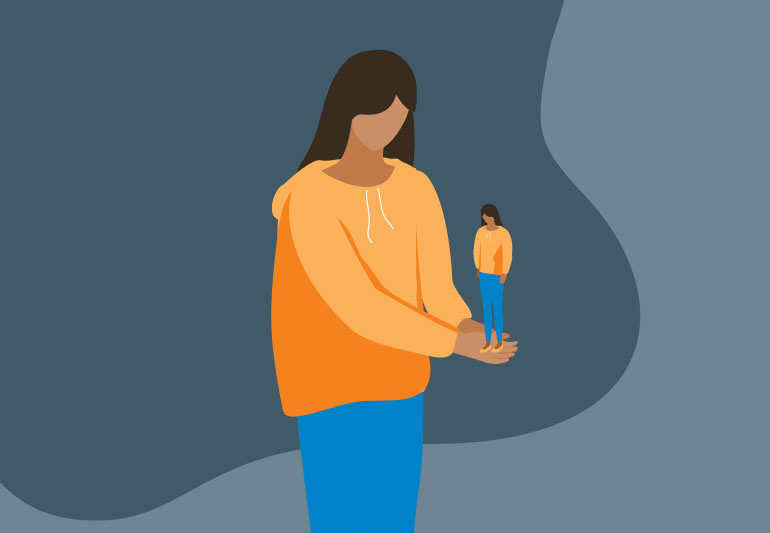If you are interested in the question of how to increase self-esteem, then read this article and try to follow the tips given in it. After all, the development of personality depends on each individual individually, and this cannot be achieved by a collective method.
If you want to develop, work on yourself. So, before you are interesting facts from psychology regarding self-esteem.
First of all, it should be understood that a person’s self-esteem is the most important component of his personality. It is well known that people who have high self-esteem are always more successful. People with low self-esteem are not self-confident, they are less likely to achieve success in their careers, they are often dissatisfied with everything, and most importantly, they are always dissatisfied with themselves.
What influences the formation of self-esteem
Don’t think this is useless information. The fact is that all the texts entitled “How to increase self-esteem in one minute” do not reveal the real state of affairs to us.
Psychology is always associated with a deep analysis of certain phenomena, as well as with the reasons why these phenomena arise. Let’s see how and when low self-esteem is formed.

Influence of parents
The most important factor influencing the formation of low self-esteem of a person is laid down in childhood. After all, it is then that the child manifests the main character traits, including the formation of a perception of himself.
Low self-esteem in a child occurs when parents do not pay enough attention to their child, do not show affection and care, constantly criticize or are overly demanding of him.
Particular attention should be paid to comparative characteristics. When a baby is compared with other children, making comments to him, this extremely negatively affects his psyche in general and self-esteem in particular. Growing up, he becomes closed, constrained in communication, unsure of himself and his abilities.
Of course, this is a description of extreme manifestations. However, people with low self-esteem are often able to cleverly hide it. Sometimes, behind the seeming cheeky behavior, there is an inner tightness and fear that your failure will become known to everyone.
In fact, this is a very serious question of psychology, since the fact has long been known that all our problems come from childhood.
Peer Influence
This factor is also of great importance. If a child has some shortcomings (or advantages, but peers perceive this as shortcomings), then ridicule, criticism, negative words arise from the outside.
All this is deposited in the child’s head, forming his self-perception. When he grows up, there is a big risk that he will not be able to accept himself for who he is. Most likely, he will become insecure in his abilities, will consider himself flawed, etc.
It should be added here that there are often cases when the influence of peers was not as decisive as the influence of parents. Probably, you yourself can remember among your acquaintances or classmates the guys who were downtrodden and flawed at school (and maybe even outcasts), but it was they who, having matured, became unexpectedly sociable and successful people who had many friends.
Parents whose children “get” from their peers should take this extremely seriously in order to help the child perceive it correctly. Otherwise, a teenager who is not accepted by his comrades will not be able to independently figure out how to increase self-esteem, which will largely determine his future life.

The influence of the immediate environment
Low self-esteem can also occur in adulthood. Much depends on the immediate environment. If suddenly a person began to notice that his self-esteem is falling sharply, you need to carefully review your friends and acquaintances with whom he most often spends time.
Perhaps in his “company” there are people who are passive in life, constantly complain about everyone and are not satisfied with everything. Or vice versa, it can be domineering and sharp-tongued individuals who suppress and humiliate others.
Communicating with this type of people, you can involuntarily fall under their bad influence in the most negative way.
There are also people who may be good acquaintances or friends, but lower your self-esteem with all sorts of jokes, “jokes” and other things. They try in every possible way to dissuade you from any promising undertakings.
After communicating with such comrades, you feel gloomy and depressed, without any desire to act or change your life for the better. The need to communicate with this type of people should be seriously reconsidered.
